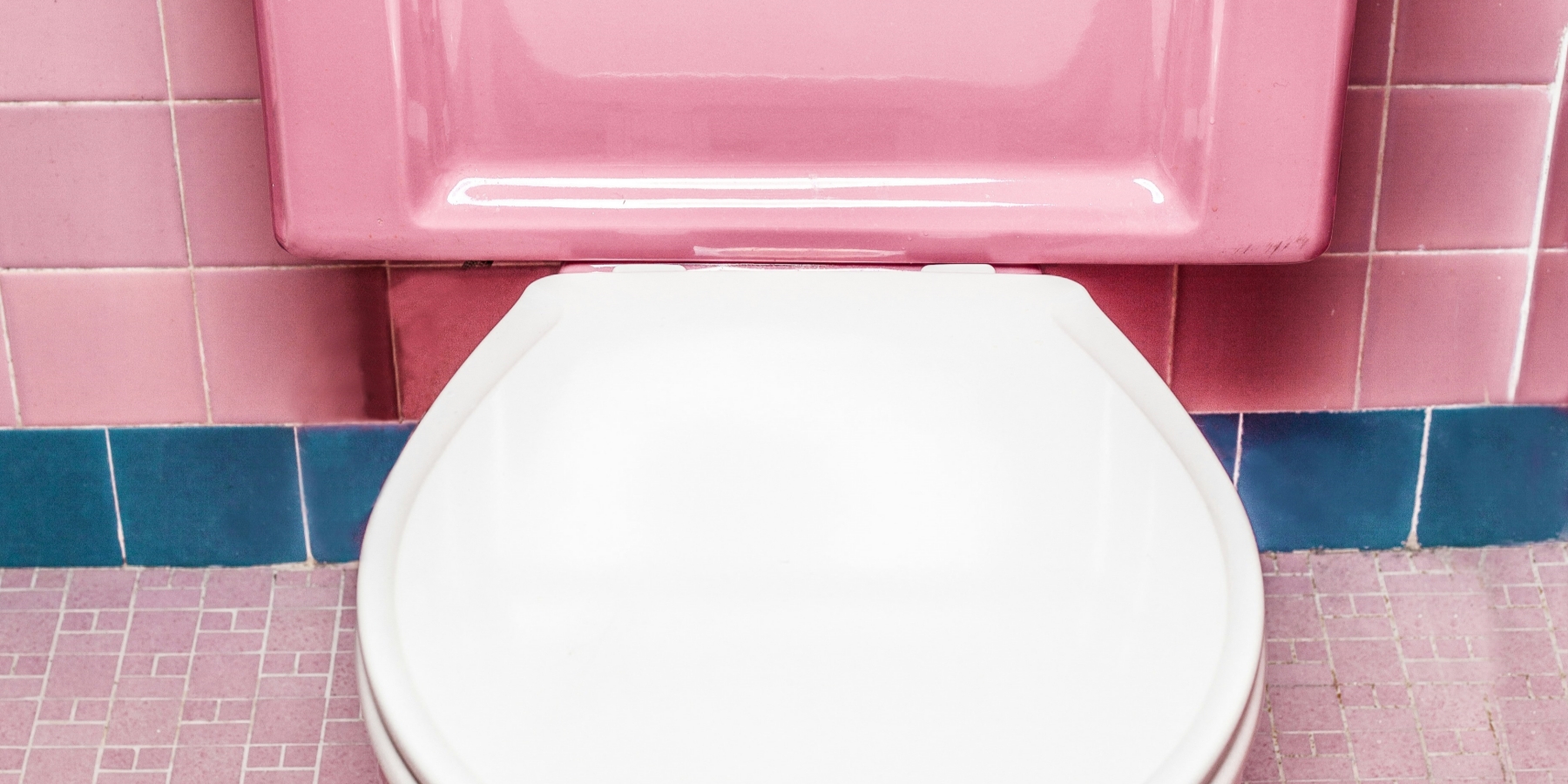Toilet whistling, characterized by a high-pitched sound resembling a whistle during the flushing process, is a perplexing issue faced by many homeowners.
Among the various factors that can contribute to this annoying phenomenon, one important question arises: is toilet whistling related to water pressure? In this article, we will explore the connection between toilet whistling and water pressure.
Understanding the Role of Water Pressure:
Water pressure plays a significant role in the operation of your plumbing system, including your toilet.
It determines the force with which water flows through the pipes, valves, and other components of the toilet's flushing mechanism.
Therefore, water pressure can indeed have an impact on toilet whistling, and here's how:
High Water Pressure
Whistling Sound: Excessively high water pressure can lead to a whistling sound when you flush the toilet. This is typically due to the forceful flow of water through the fill valve and the flush valve. The high pressure may cause vibrations or turbulence, resulting in the characteristic whistling noise.
Damage to Valves: Prolonged exposure to high water pressure can damage the fill valve and flush valve in your toilet. The excessive force can cause these components to deteriorate faster than they would under normal pressure conditions. As a result, they may not function properly and could contribute to whistling sounds.
Low Water Pressure
Whistling Sound: While less common, low water pressure can also be a factor in toilet whistling. When the pressure is too low, it can create a vacuum-like effect that causes air to be drawn into the plumbing system during flushing. This can result in a whistling or gurgling noise.
Incomplete Flushing: In cases of low water pressure, the toilet may not flush effectively, leading to partial or incomplete flushes. This not only wastes water but can also contribute to whistling sounds as the flushing process becomes irregular.
Maintaining the Right Balance
To prevent toilet whistling related to water pressure, it's crucial to maintain the right balance. Here are some steps you can take:
Install a Pressure Regulator: If you have consistently high water pressure in your home, consider installing a pressure regulator. This device can help reduce the pressure to a safe and manageable level, preventing whistling and protecting your plumbing system.
Clear Obstructions: Ensure that your plumbing system is free of obstructions or blockages that could disrupt water flow and cause irregular pressure. Regular maintenance can help keep your pipes clear and functioning correctly.
Adjust Ventilation: Proper ventilation in your plumbing system is essential to balance air pressure and prevent whistling. Ensure that your plumbing vents are clear and functioning as they should.
Conclusion
In conclusion, water pressure does indeed have a significant impact on toilet whistling. Excessively high or low water pressure can lead to this annoying phenomenon by affecting the flow of water and air within the plumbing system.
By By maintaining a balanced water pressure, either through the use of pressure regulators or addressing potential obstructions, you can minimize the chances of experiencing toilet whistling related to water pressure issues in your home.


